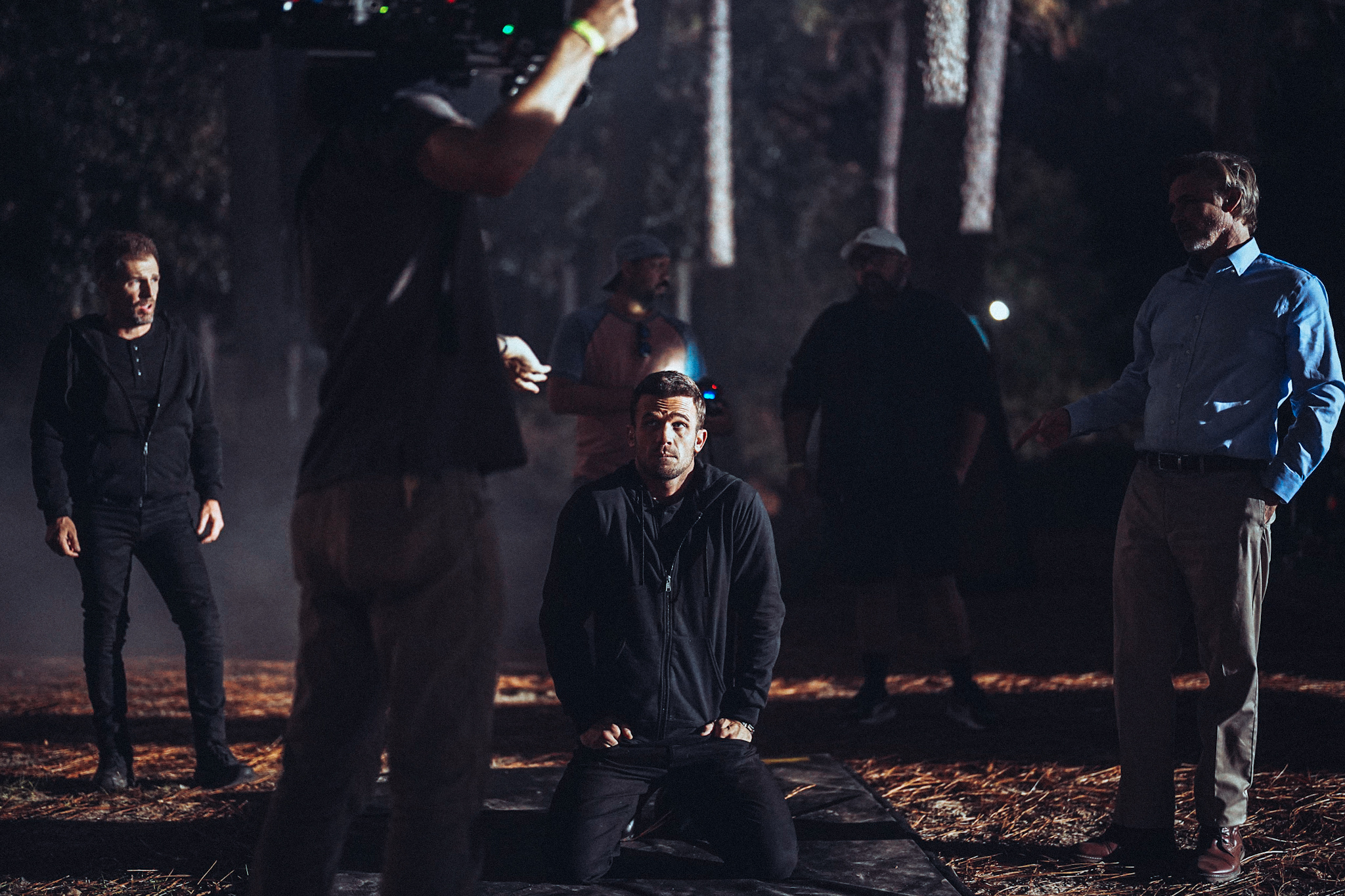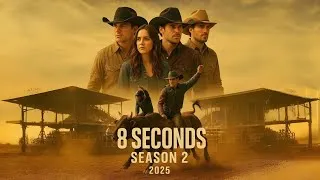"Three days. One man. Zero room for error."
72 Hours (2024) is a relentless, nerve-wracking thriller that unfolds in real time, where every second matters and every choice comes with a cost. A hybrid of Prisoners, The Fugitive, and 24, this taut and gritty ride drops audiences into the most unforgiving pressure cooker: a race against the clock to save lives, uncover betrayal, and survive long enough to find the truth.
The story begins when Detective Kian Rhodes, a burned-out but razor-sharp investigator, receives an anonymous call: a city-wide terror attack is planned, and he has exactly 72 hours to stop it—or thousands will die. The problem? The caller vanishes. No confirmation. No evidence. And no one at the precinct believes him. Branded unstable and placed on leave, Kian goes rogue.

As the hours tick away, Kian must piece together fragments of a deadly conspiracy involving missing weapons, corrupt officials, and a covert ops program that was supposed to be shut down years ago. He forms an uneasy alliance with Alina Vega, a hacker-turned-whistleblower with ties to the operation—and maybe to the person behind the threat. Together, they dodge assassins, decode encrypted clues, and battle not just time, but their own haunted pasts.
Told in a tight, real-time format, 72 Hours divides itself into three relentless acts—each covering a 24-hour span and ramping the stakes higher. The cinematography mirrors the countdown: quick cuts, pulsing music, and constant movement that never lets the viewer breathe. Set across urban rooftops, hidden bunkers, crumbling factories, and dim-lit server farms, the city itself becomes a labyrinth of truth and danger.

But this isn’t just about stopping a bomb. It’s about stopping a system that created monsters—and buried them.
Because some fuses are lit long before anyone hears the ticking.

-1752424227-q80.webp)
-1755664489-q80.webp)
